What If You Can Save A Life?
Fundraising campaign by
International Women s Initiative IWI
-
£0.00raised of £5,000.00 goal goal
No more donations are being accepted at this time. Please contact the campaign owner if you would like to discuss further funding opportunities
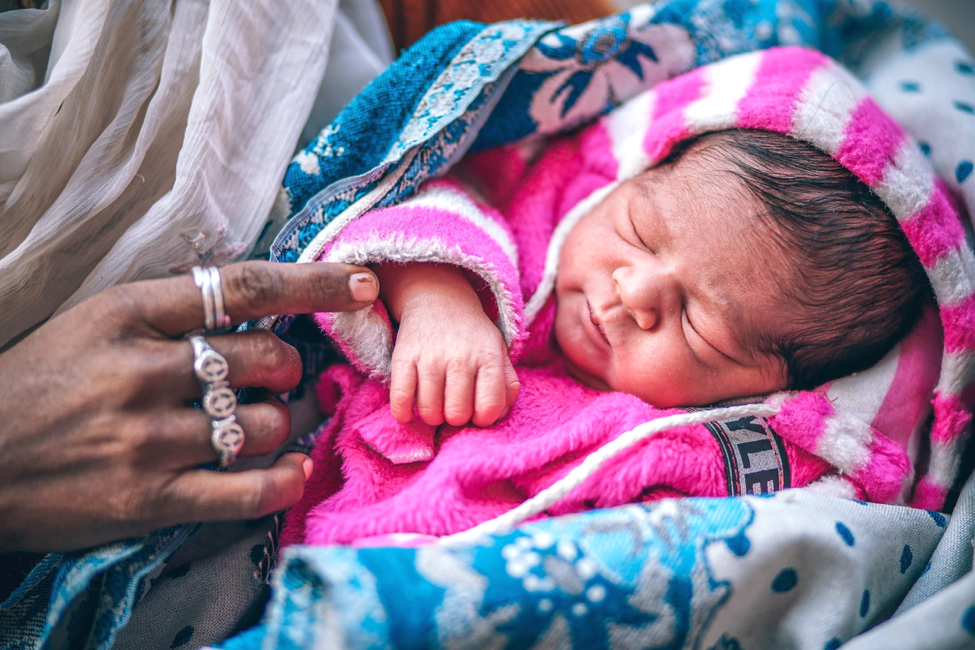
In Somalia alone, 3,300 women die each year, nearly 12 women per day, from a maternal cause. A Somali woman dies every two hours trying to bring life into the world. Investing in maternal health has numerous beneficial implications not only for women, but for the health and future of children and communities worldwide. To donate to or learn about our programme, visit our website at www.iwi.org.uk/donate/
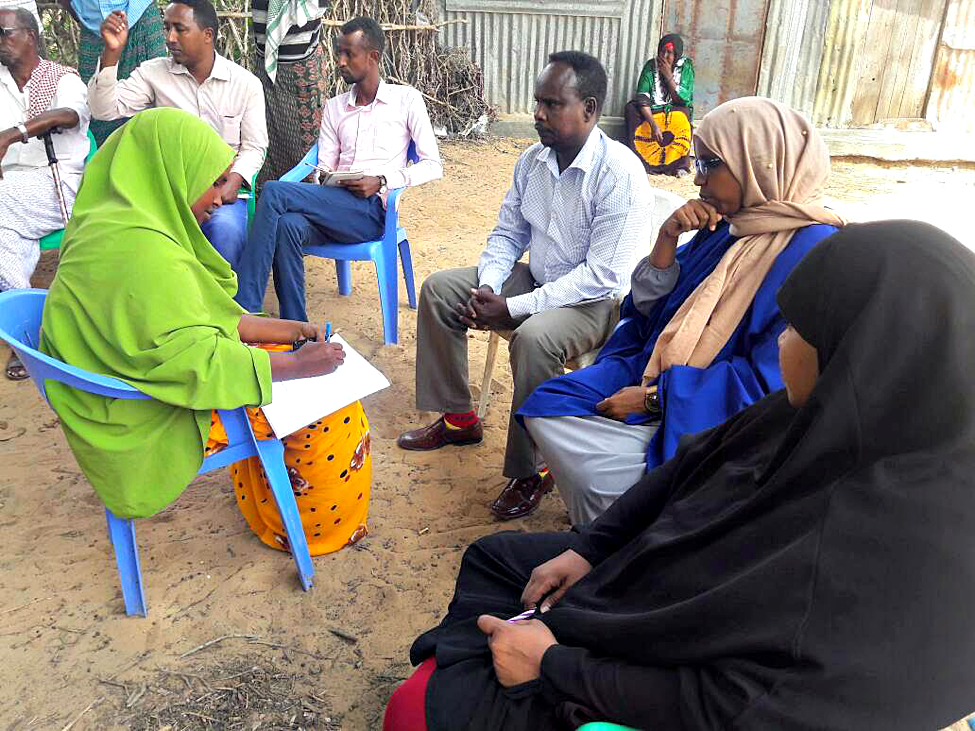
IWI seeks to ensure that every woman in Somalia can enjoy her fundamental right to reproductive health and aid Somalia’s progress towards achieving SDG 3, which aims to reduce the global maternal mortality ratio, and SDG 5, which promotes gender equality and women’s empowerment through universal access to reproductive health care services. Join us in our efforts to help Somalia achieve SDGs 3 and 5: www.iwi.org.uk/sbp/
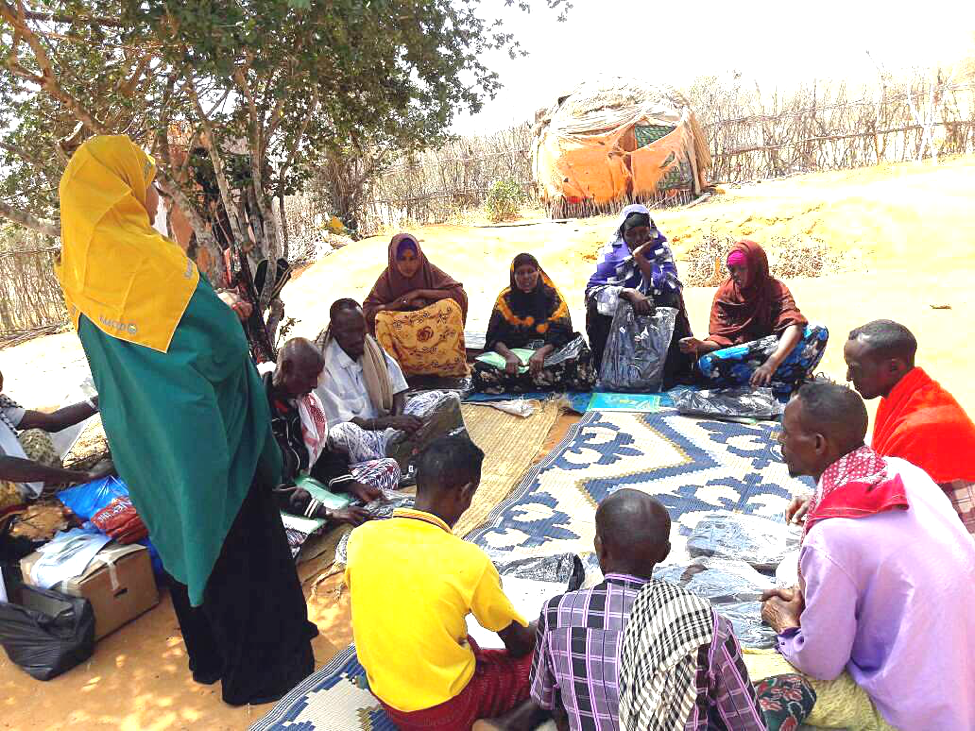
A woman in Somalia is 300 times more likely to die as a result of pregnancy and childbirth than a woman in the UK. Together we can build robust constituencies for social change, mobilising support for maternal health throughout Somalia, and expand our efforts to help bring lasting change to Somalia. For £20, you can help provide a community's education session shown here on maternal and newborn health. To donate to the Safe Birthing Programme, please go to our website at www.iwi.org.uk/donate/
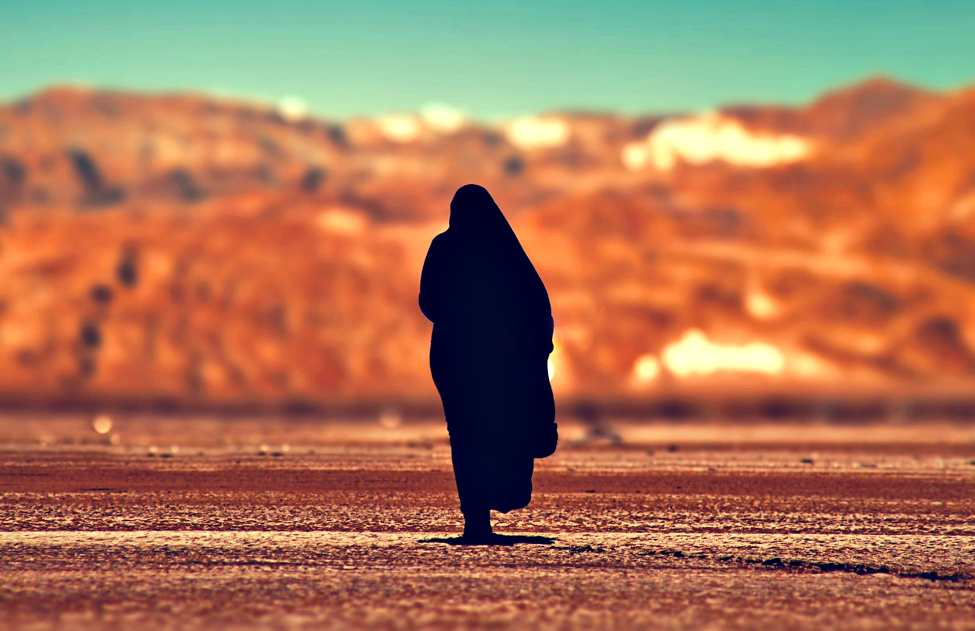
Approximately 1 in 12 Somali women will die from a maternal cause. In comparison, a woman’s lifetime risk of maternal death is 1 in 4,900 in developed countries. Every pound you donate has the potential to save the lives of both mother and baby. For every £3, you can buy one birthing kit for a mother. £100 can help educate one traditional birth attendant for a year.To donate to the Safe Birthing Programme, please go to our website at www.iwi.org.uk/donate/
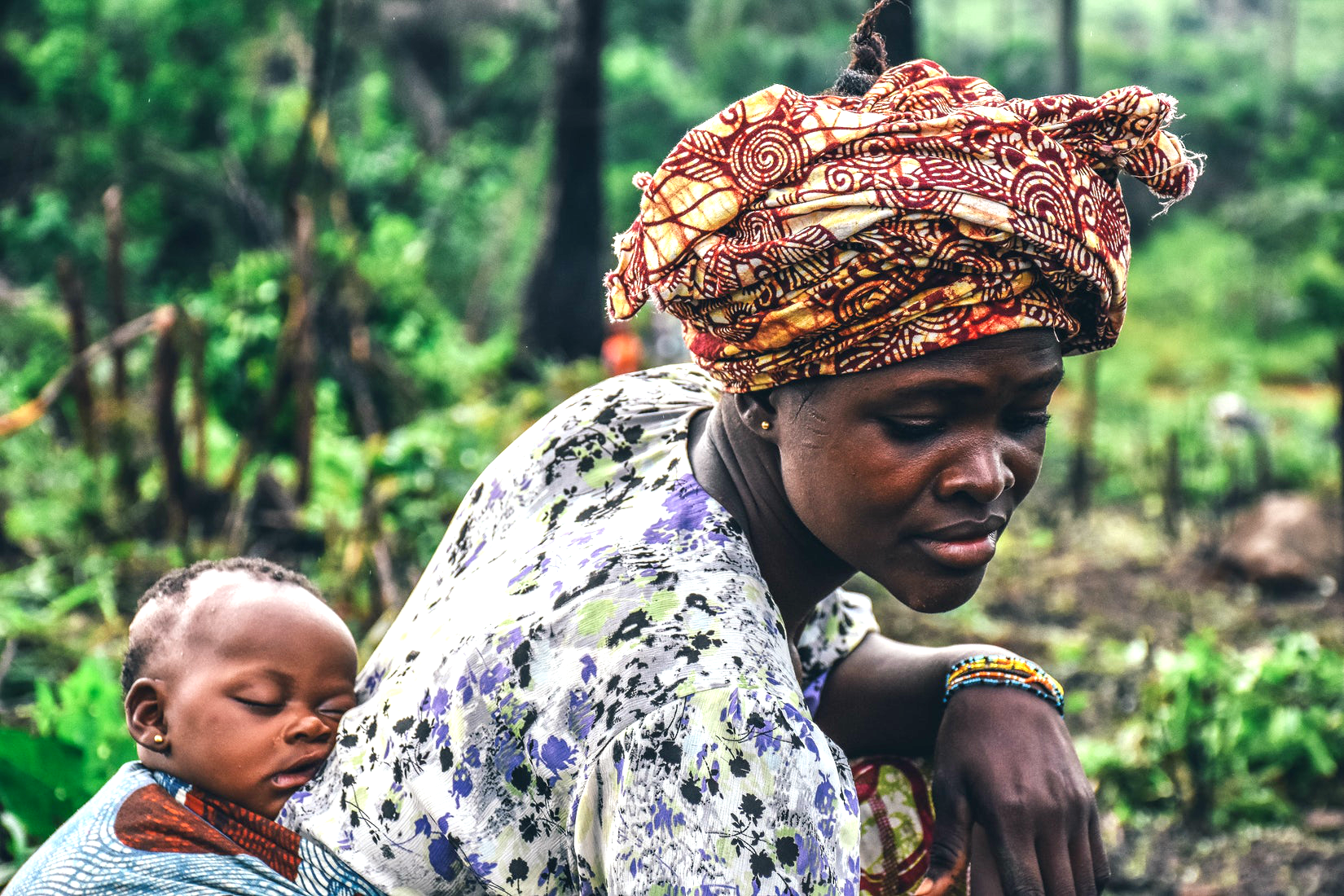
The maternal mortality ratio in Somalia is estimated to be 732 deaths per 100,000 live births, with areas estimated to have even higher rates at 900 deaths per 100,000 live births, nearly quadrupling the world average of 216 deaths per 100,000 live births. At IWI, we believe our Safe Birthing Programme will help accelerate the annual decline in maternal mortality by enabling women to enjoy their fundamental right to maternal health and will be the first step in achieving a more equitable distribution of healthcare through Somalia. Learn how you can help us: www.iwi.org.uk/donate/
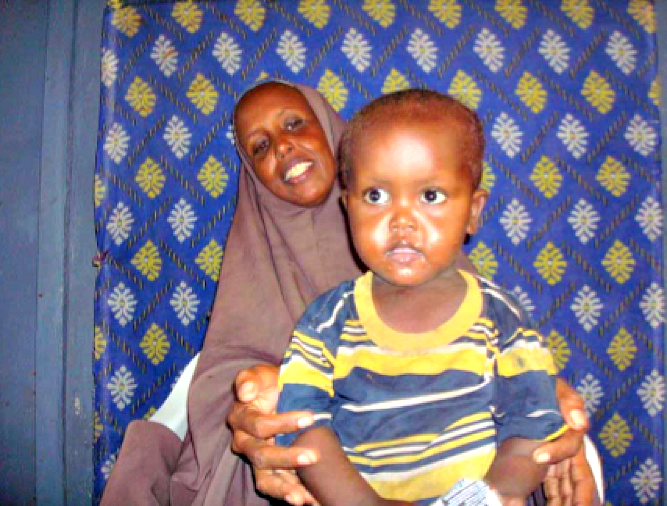
Women in Somalia have one of the highest risks of dying during pregnancy and childbirth in the world. Years of civil conflicts, wars, and unrest in the region has had significant ill effects on health and access to health services in Somalia. Your contribution of £100 will help educate a birth attendant, bringing skilled obstetric care to the women of Somalia. Click here to donate: www.iwi.org.uk/donate/
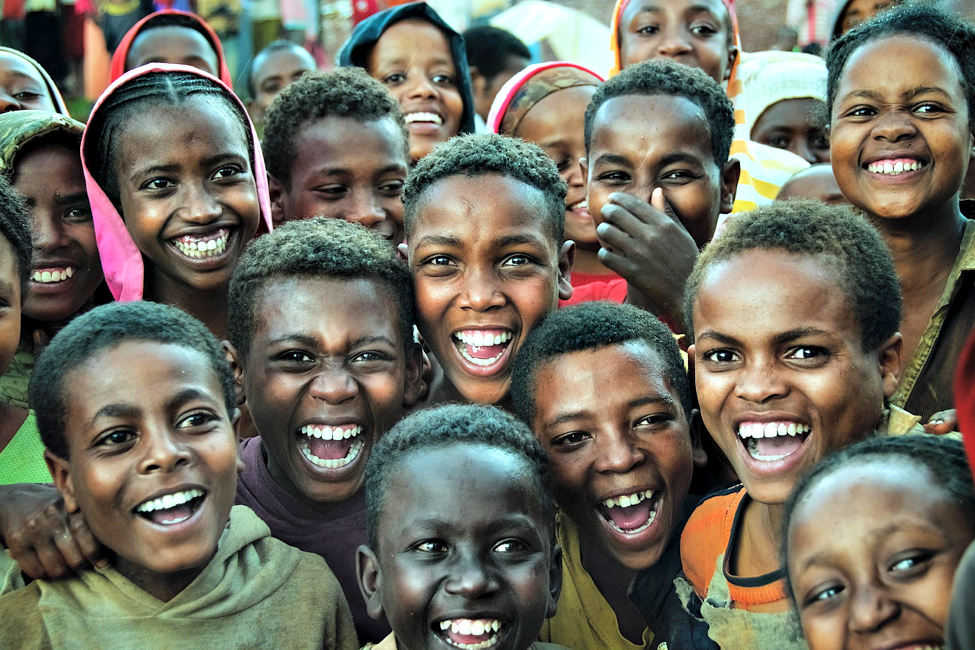
Somalia has the highest prevalence rate of FGM (female genital mutilation) in the world, with 98% of females being cut, some as early as age 5. Research has shown that FGM significantly increases a woman’s risk of experiencing adverse obstetric outcomes, with increased risks of obstructed labour, infection, postpartum haemorrhage, death and newborn complications. Every child deserves to live a happy and healthy life. We at IWI are working with the local community to change FGM attitudes. Learn how you can help us at: www.iwi.org.uk/donate/.
HUMAN INTEREST STORIES:
'Zahra's Story'
Zahra is one of the overwhelming majority of Somali women who lack any access to basic healthcare. Zahra (19) was born in a small village in Somalia. She is the only child of her father and mother; and Zahra says, “that they love her so much”. At the age of 5, Zahra was taken to a traditional birth attendant (TBA) for circumcision. At the age of 17, she was forced to marry, in exchange for a large dowry that was given to her father. Zahra tried to refuse this unwanted marriage, but her parents compelled her. Despite all the horrendous events that had already occurred to Zahra, she said that the worst was when she felt the pain associated with her first delivery. She was carried to a TBA for delivery. The baby could not get through the strong scars and stitching associated with her genital mutilation, so the TBA roughly cut her opening open, and into her cervix, so the baby had room to come out. The damage done by the TBA was quite significant. During labour, two strong men helped Zahra stand upright while the TBA cut into her (with no antiseptic wound control, no anaesthetic, and no antibiotics). Unfortunately, when the TBA cut Zahra open, the baby was immediately released from Zahra’s body and was pushed into the dirt, hitting its head, and causing severe head injuries to the baby. From this event, Zahra also received obstetric fistula, leaving her incontinent of urine and faeces.
Average rural family yearly income in Somalia is about US £600 per annually. Zahra’s financial situation is no different from the norm. When Zahra asked her husband to cover the surgery expenses for fistula repair, he refused. Worse, dismayed with her incontinence, he divorced her. She moved to Mogadishu to try and seek free treatment for her injuries. She went to many hospitals for and asked for free surgery but she was unsuccessful.
Eventually Zahra heard a public broadcast on a local radio station, saying that our local partner’s hospital was providing fistula surgeries free of charge. This was hearth-warming news for Zahra, and she immediately reached out to the hospital. She met with an expatriate doctor who is well experienced in such surgeries. When the doctor confirmed her surgery date, tears flowed – she was overwhelmed with happiness.
The doctor successfully repaired the fistula. Zahra says that she now feels a level of self-worth and dignity again, and will now return back to her village without feeling local stigma. She thanked to the hospital medical team for her life-changing operation.
'Nafula's Story'
“My name is Nafula. My daughter, Najja, came to stay with me a month ago because she was pregnant with twins, and wanted to be near the health centre when her time came. At 9pm on October 14, just as Najja was about to cook the evening meal, she felt a very sharp pain. And then she began to bleed heavily. I have never seen anything like that.
I immediately sent for a vehicle to take my daughter to the centre.The young boys that I sent found that one vehicle in the village had broken down, so they went looking for another. I called my neighbour to see if he could help. He is a strong man. He tried to carry my daughter but she was too heavy. Soon his clothes were soaked in blood. Then my daughter collapsed. At 10pm, one hour after the pain started, she died. I was shocked and distressed. It all happened too fast. The babies died too.
Now I have been left with Najja’s two other children to look after. Najja had done everything right. She had attended ante-natal clinic regularly, and she moved here so that she could give birth at the health centre. If it had been a normal birth, she would not have died. But there was a complication, and we were not able to get her to the health centre on time.”
'Balinda's story'
“My name is Balinda. I am 24 years old. I have five children. I gave birth to the youngest three days ago. We have not named her yet – she will get a name when she begins to walk. When I was pregnant, Esther, birth attendant, came often to see me and to check how my pregnancy was progressing. She told me to send for her when the labour pains began, but I did not because a woman who gives birth on her own is respected.
Esther came to visit the day after the baby was born and attempted to help me. She worked quickly and began using rags she had brought as well as my own to clean me. My neighbour came as well and looked concerned. The rags were dirty and the floor covered in my blood. She told me to go to the health centre because I was bleeding. Esther did not agree and encouraged me to stay and let her help me.
It is now three days and I am still bleeding. I feel very weak. I would like to go to the health centre but I cannot go on my own. I have no money to pay for the services or supplies. My husband is away looking for food. I do not even have milk in my breasts for the new baby. I hope he will come back today so that he can bring us food and take me to the health centre.”
Organizer
- International Women s Initiative IWI
- Campaign Owner
No updates for this campaign just yet




